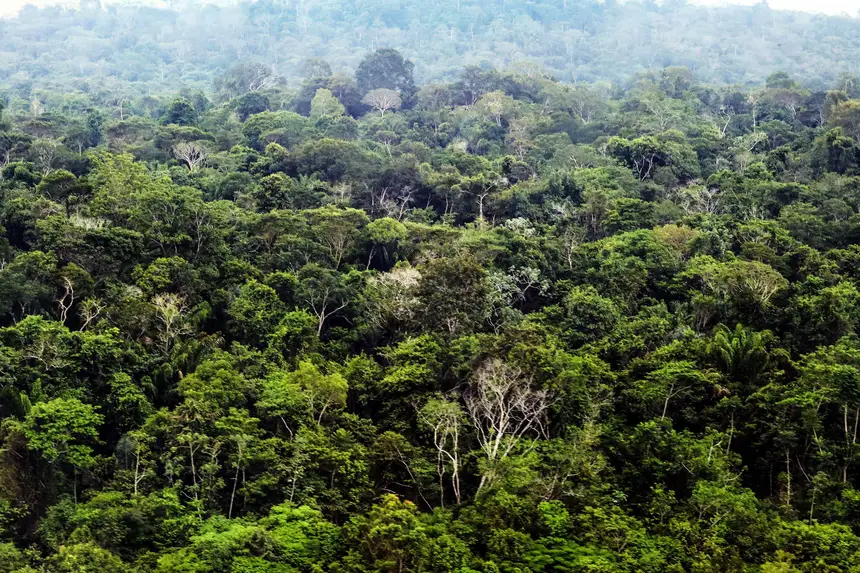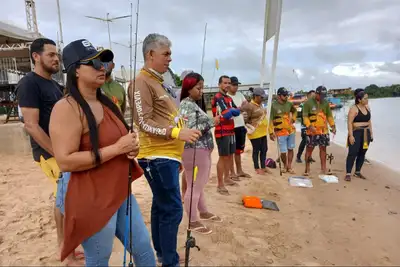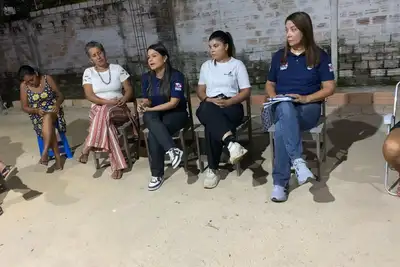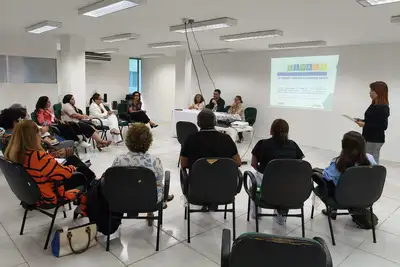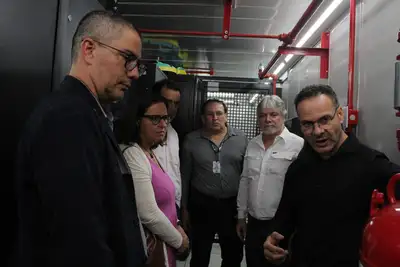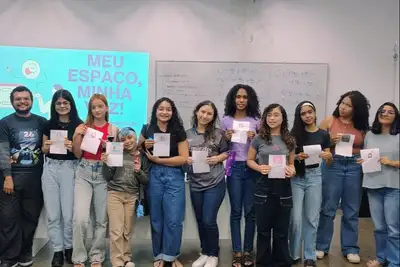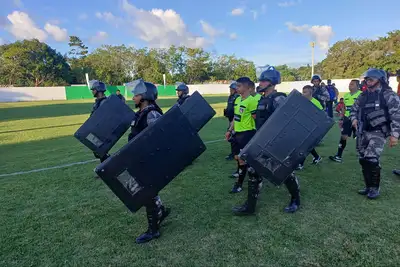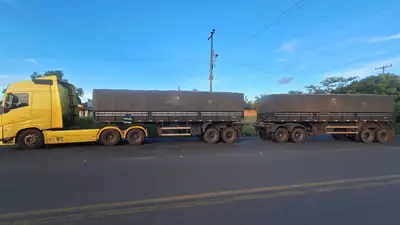Ideflor-Bio participates in the ‘COP30 Workshop and the Future of the Forestry Sector in the Amazon’
The event featured a lecture by Ideflor-Bio on the management of public forests and the strategic role of forest concessions for the region
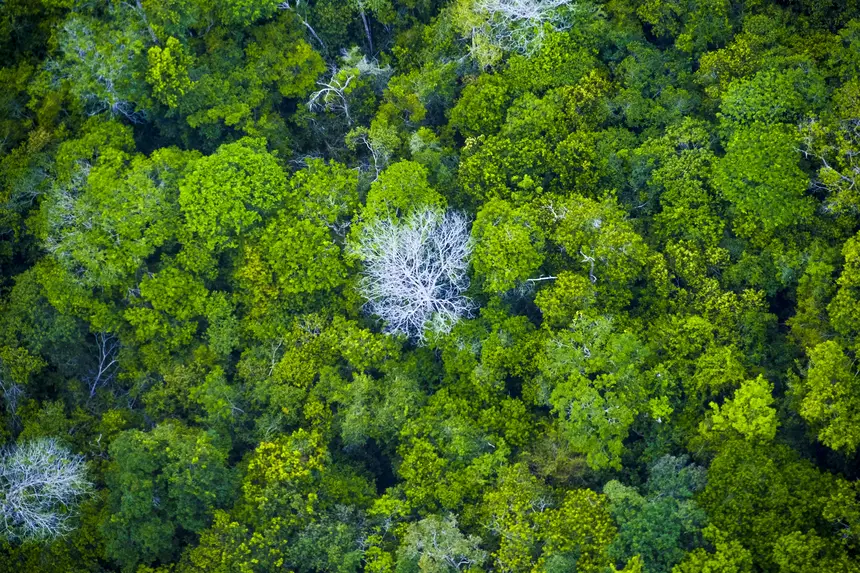
The Institute for Forest Development and Biodiversity (Ideflor-Bio), through the Directorate of Public Production Forest Management (DGFLOP), was present at the ‘COP30 Workshop and the Future of the Forestry Sector in the Amazon’. During the event, held at the Fiepa System event hall in Belém, a lecture was given on the importance of forest concessions for the Amazon.
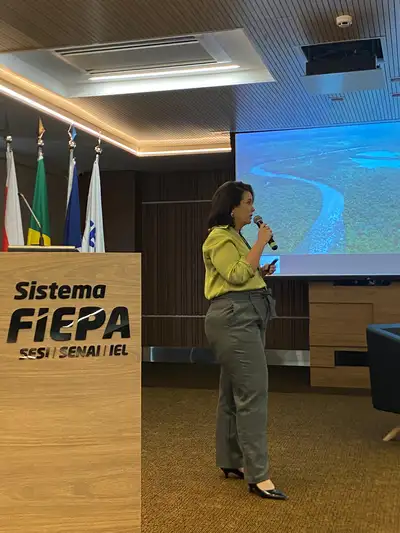
The head of DGFLOP, Ana Claudia Simoneti, delivered the lecture, with participation from representatives of the Brazilian Forest Service (SFB), Chico Mendes Institute for Biodiversity Conservation (ICMBio), and representatives of the concessionaires.
According to Ana Claudia, the action reinforced the importance of forest concessions for the development of public policies for sustainable management and protection for Pará. “We increasingly need to make it clearer what forest concessions are. The more we can show what they are, the progress they make in conservation and environmental protection, and the benefits they bring, the more we can build a favorable image for this system,” she stated.
The director of Ideflor-Bio, Ana Claudia Simoneti, also emphasized that the system is an exemplary management model for the region and helps to mitigate the effects of climate change.

“It is an important management model, as it helps the State manage remote areas, due to the continental dimensions of Pará, in addition to providing an economic end for them through sustainable activities developed by the populations living around them,” she added.
Ideflor-Bio works on environmental protection in areas of Pará, as well as in other fronts, with Agroforestry Systems (SAFs) and manages state Conservation Units, with the support of municipalities. There are over 21 million hectares of protected lands under the jurisdiction of the state environmental agency, which corresponds to almost 21% of the entire territory of Pará.
Text by Sinval Farias, supervised by Vinícius Leal / Ascom Ideflor-Bio


